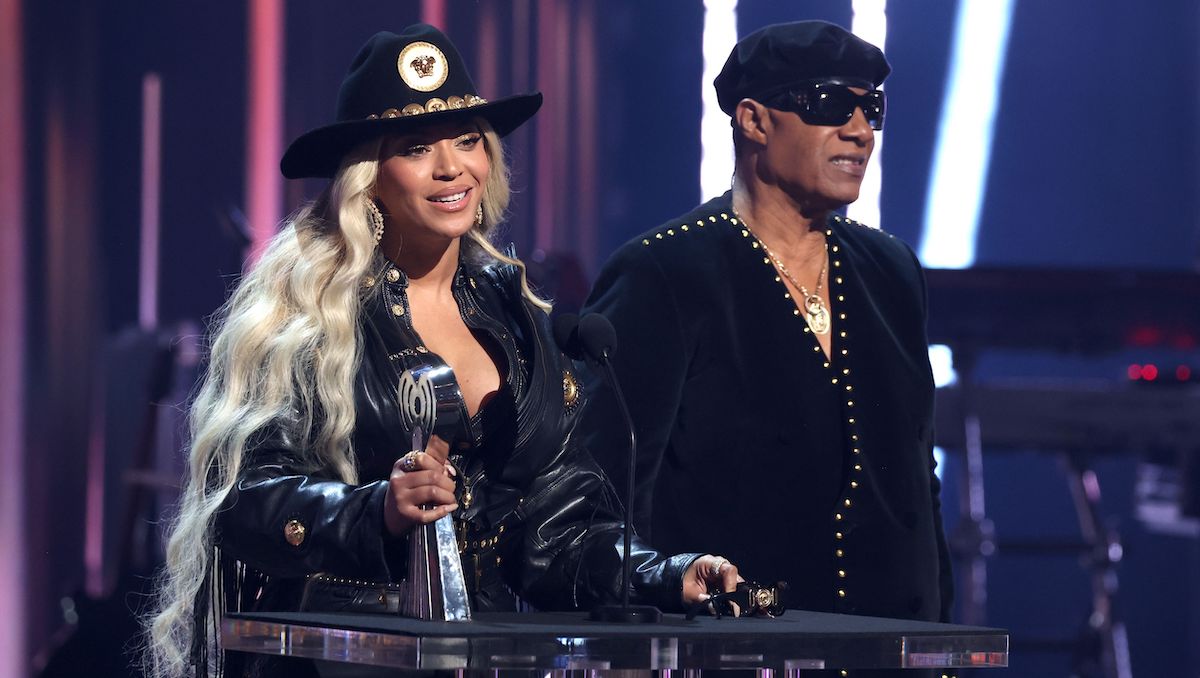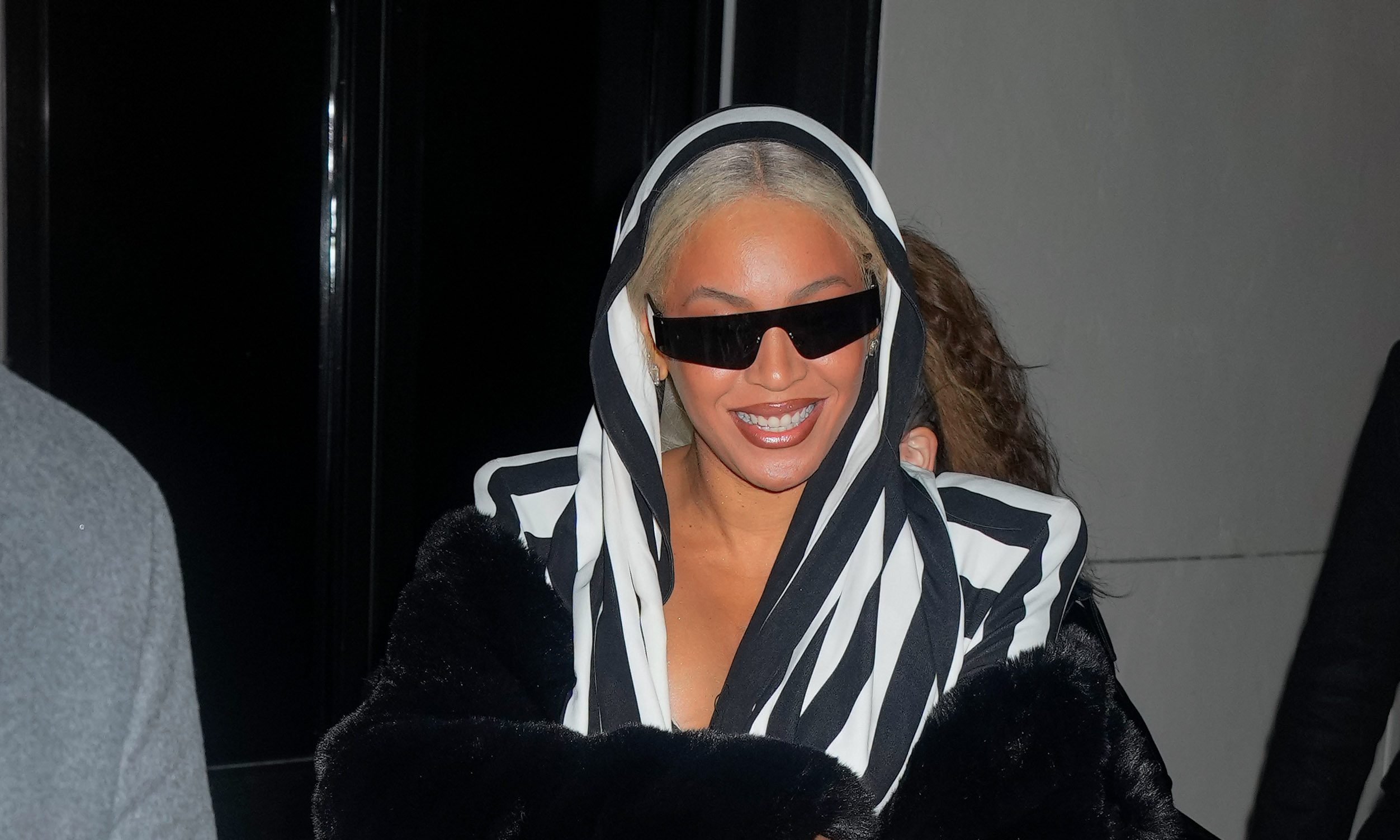Paul McCartney is singing the praises of Beyoncé's new cover version of "Blackbird."
The Beatles legend posted a photo of himself and Beyoncé April 4 on Instagram. In his caption, he said the "Texas Hold 'Em" singer's "magnificent" rendition of "Blackbird"on her new “Carter Cowboy” album "reinforces" the song's "civil rights message."
"I am so happy with @beyonce’s version of my song ‘Blackbird.’ I think she does a magnificent version of it and it reinforces the civil rights message that inspired me to write the song in the first place," wrote McCartney.
McCartney added that he "would urge" music lovers to listen to Beyoncé's "fab version" of his song.
The musician also revealed that he and the former Destiny's Child member have communicated about her version of the song.
"I spoke to her on FaceTime and she thanked me for writing it and letting her do it," wrote McCartney. "I told her the pleasure was all mine and I thought she had done a killer version of the song."
McCartney then explained that he was inspired to write "Blackbird," which originally appeared on the Beatles’ 1968 double album “The Beatles" (also known as “The White Album") after watching television footage of Black students being harassed for attending newly integrated schools following the Supreme Court's landmark 1954 Brown v. The Board of Education decision that outlawed segregation in public schools.
"When I saw the footage on the television in the early '60s of the Black girls being turned away from school, I found it shocking and I can’t believe that still in these days there are places where this kind of thing is happening right now," wrote McCartney.
Feeling out of the loop? We'll catch you up on the Chicago news you need to know. Sign up for the weekly Chicago Catch-Up newsletter.
He added, "Anything my song and Beyoncé’s fabulous version can do to ease racial tension would be a great thing and makes me very proud."
McCartney has previously spoken about the inspiration behind "Blackbird," specifying that it was watching footage of the Little Rock Nine, the nickname for the nine teenagers who became the first Black students to enter the formerly all-white Central High School in Little Rock, Arkansas, in September 1957, that prompted him to write the song.
The Little Rock Nine required escorts by military personnel to protect them from protestors that had surrounded the high school.
“I was sitting around with my acoustic guitar and I’d heard about the civil rights troubles that were happening in the ’60s in Alabama, Mississippi, Little Rock in particular,” McCartney told GQ in 2018.
“I just thought it would be really good if I could write something that if it ever reached any of the people going through those problems, it might give them a little bit of hope. So, I wrote 'Blackbird,'" he continued.
McCartney added that the song is specifically about the young Black women of the civil rights movement.
"In England, a bird is a girl, so I was thinking of a Black girl going through this; now is your time to arise; set yourself free; take these broken wings," he explained.
In the song, McCartney tells the story of a blackbird "singing in the dead of night" who can "take these broken wings and learn to fly."
"All your life, you were only waiting for this moment to arise," the musician sings, later, adding, "All your life, you were only waiting for this moment to be free."
Melba Pattillo Beals, 82, who was a member of the Little Rock Nine, told the Washington Post that hearing Beyoncé's rendition of "Blackbird" filled her with pride for the role she played in public school desegregation.
“This song awakens so much,” said Beals.
Beals revealed that she only learned in 2016 that the story of the Little Rock Nine inspired "Blackbird."
"Paul McCartney said by writing that song, ‘I hear you. I may not be able to rescue you, but I hear you singing in your dark,’” said Beals.
Beyonce's rendition of "Blackbird" uses McCartney's original master recordings that feature his guitar playing and the sound of his toe-tapping, according to Variety.
The "Bodyguard" singer also added soaring harmonies courtesy of four Black country music singers — Reyna Roberts, Tanner Adell, Brittney Spencer and Tiera Kennedy — as well as new orchestral and bass parts.
This article first appeared on TODAY.com. Read more from TODAY here:



